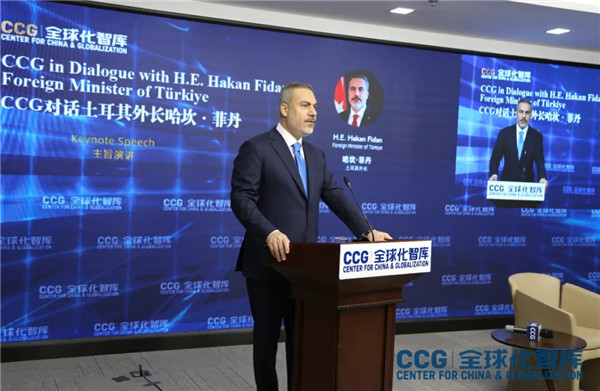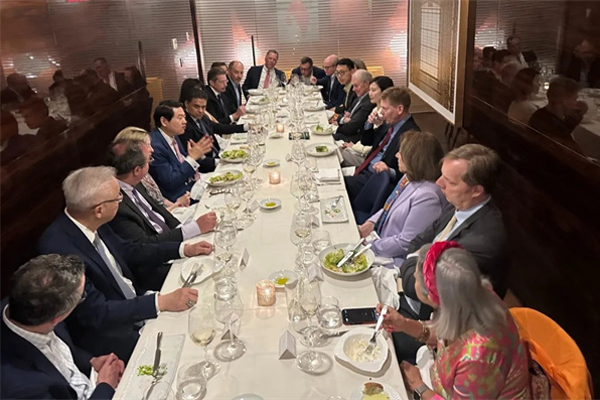CCG participates in the fifth annual meeting of the Astana Club
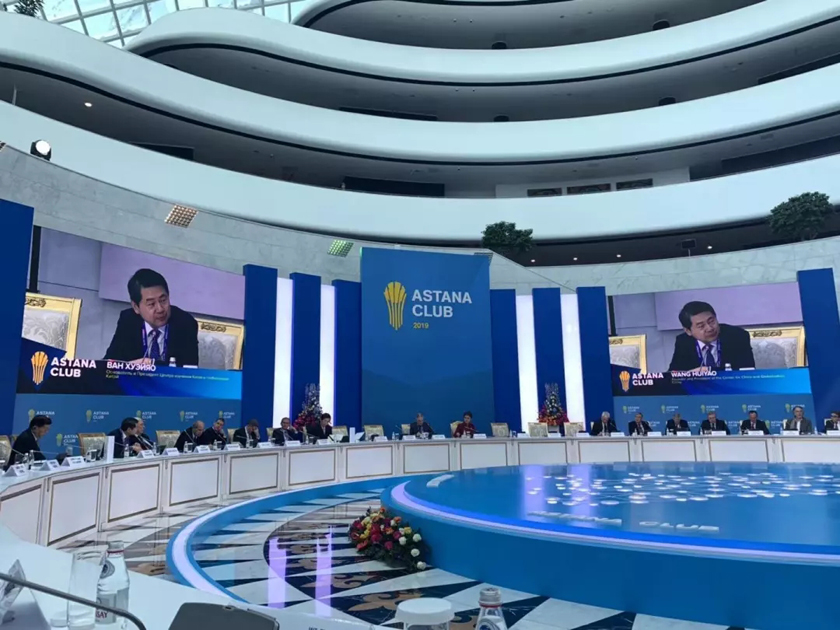
On November 11-12, 2019, the Nazarbayev Center in Kazakhstan hosted the fifth annual meeting of the Astana Club, the largest platform for discussing geopolitical and security issues in the region. Under the theme “Greater Eurasia: On the Way to a New Architecture for Global Cooperation,” the fifth meeting of the club was organized by the Institute of World Economy and Politics and the Foundation of the First President of the Republic of Kazakhstan – Elbasy.
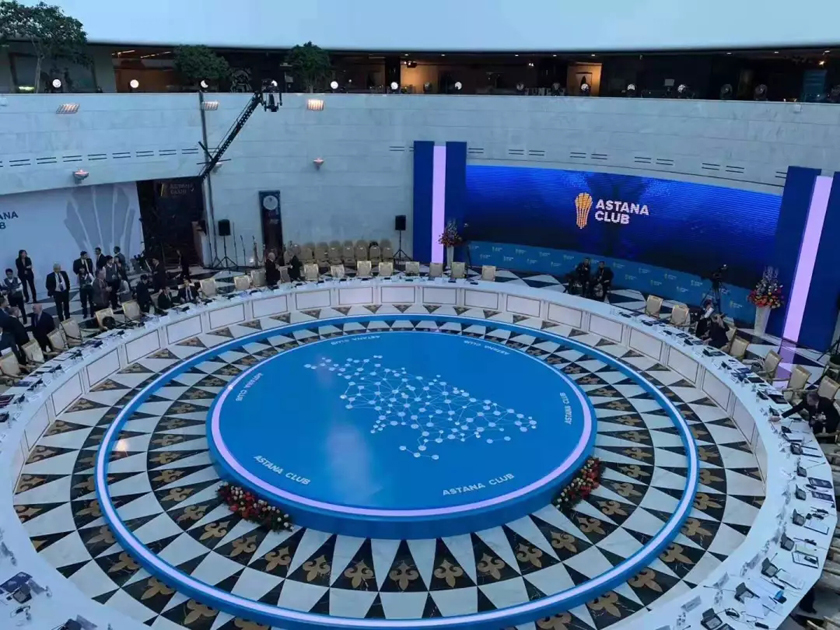
During the two-day event, more than 50 international speakers and experts in the field of geopolitics, economics and international relations from 23 countries discussed key issues on for the future of Eurasia and the changing dynamics of global processes.
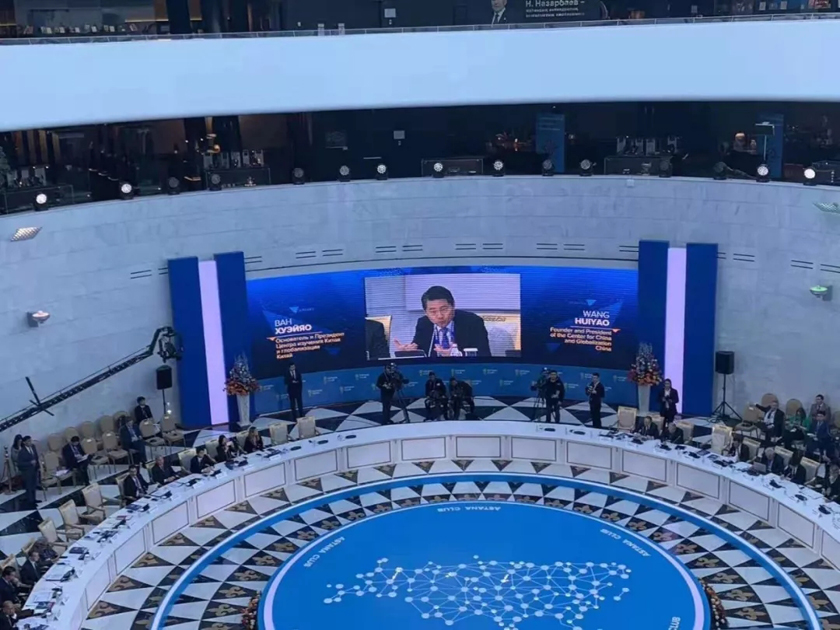
CCG President Wang Huiyao participated in an open panel sessions, “Trade Wars and Protectionism – What Is the Outlook for the Global Economy?” engaging in conversation on issues such as the Sino-US trade war, the Belt and Road Initiative (BRI), the World Trade Organization (WTO) and rules for the world economy.
New pathways needed to tackle 21st-century issues
Wang said that according to the International Monetary Fund (IMF), Sino-US trade frictions have caused a slowdown in the global economy. They have also contributed to major impacts on global value chains and large losses for global industry.
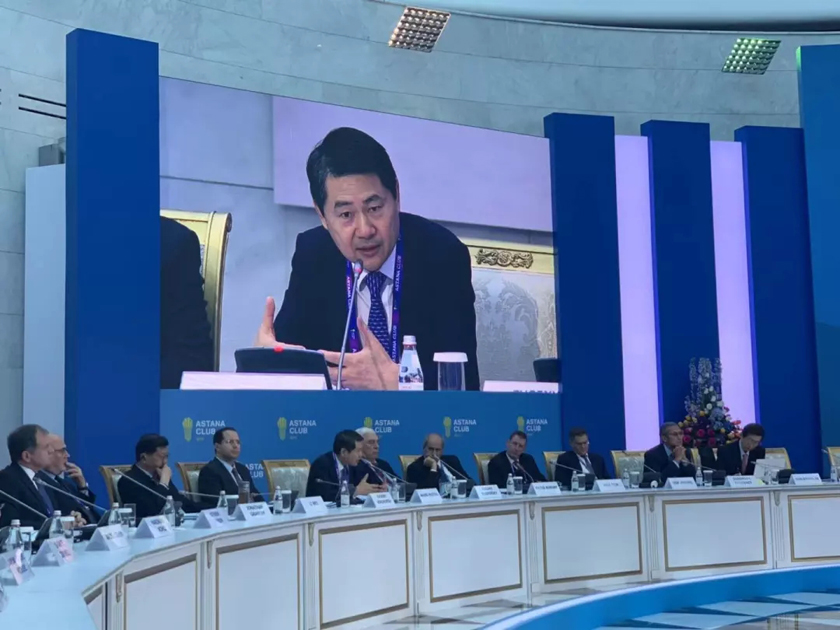
Wang said the major reason for this is that the international community is still addressing the 21st-century trade issues with 20th-century methods. For example, traditional accounting methods for measuring China-US trade no longer accurately or fairly reflect the value gained by both countries.
Increasingly interconnected US-China trade relationship
Wang stressed that the US-China trade relationship is still increasingly interconnected. He noted that there are nearly 70,000 US firms in China, generating annual sales revenue of $700 billion to $900 billion in recent years, and that more than 50% of Chinese exports to the U.S. are actually exported by multinational corporations or joint ventures with US companies.
Wang also stressed that China is one of the most important markets for U.S. multinationals such as Apple, Walmart, General Motors (GM) and Ford. For example, China’s large market provides Apple with opportunities to expand revenue. Over the next five years, Apple estimates that it will contribute $350 billion to the U.S. economy. However, Apple also claims it could face future threats if the trade war continues.
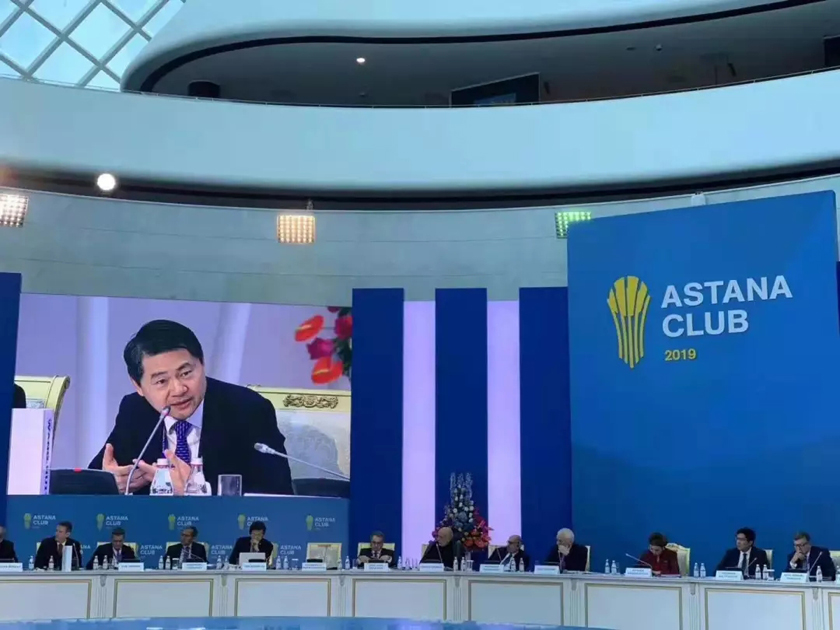
Strengthening trade cooperation and supporting multilateralism is the key
Wang stated that strengthening trade cooperation is the key to maintain and promote international peace and stability. Multinational corporations are important to bilateral relations between China and the U.S. China’s new Foreign Investment Law, which will be effective on January 1 of 2020, will provide a powerful guarantee for the protection of the legitimate rights and interests of foreign investors, as well as for opening-up to the outside world. The law will be an important factor to help get China-U.S. relations back on the right track.
Wang also suggested that China and the United States could try to expand cooperation under the BRI. For example, as a new multilateral development bank, the Asian Infrastructure Investment Bank (AIIB) has made remarkable progress. If China and the U.S. could expand cooperation under this framework, it would be mutually beneficial for both economies and contribute to regional and global peace and stability.
In terms of the current challenges facing globalization, Wang said that the international community should support multilateralism and the necessary reform of the WTO with practical actions.
Wang also suggested that China could consider joining the CPTPP and continue to push forward negotiations for RCEP to promote economic globalization and regional integration.
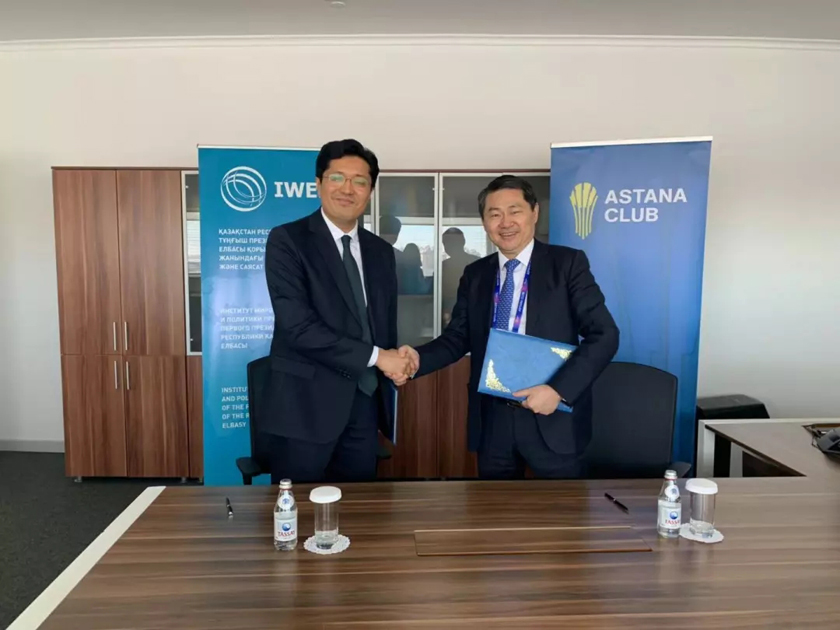
Participants in this session also included Jacob Frenkel, chairman of the JP Morgan Chase International, chairman of the Board of Trustees of Group of Thirty and former governor of the Bank of Israel; Jose Manuel Barroso, non-executive chairman of Goldman Sachs International, former president of the European Commission and former prime minister of Portugal; Evan Feigenbaum, vice president of the Carnegie Endowment for International Peace and Li Wei, former president (Minister) of the Development Research Center of the State Council Chair in China. This session was moderated Marc Uzan, founder and executive director of the Reinventing Bretton Woods Committee.

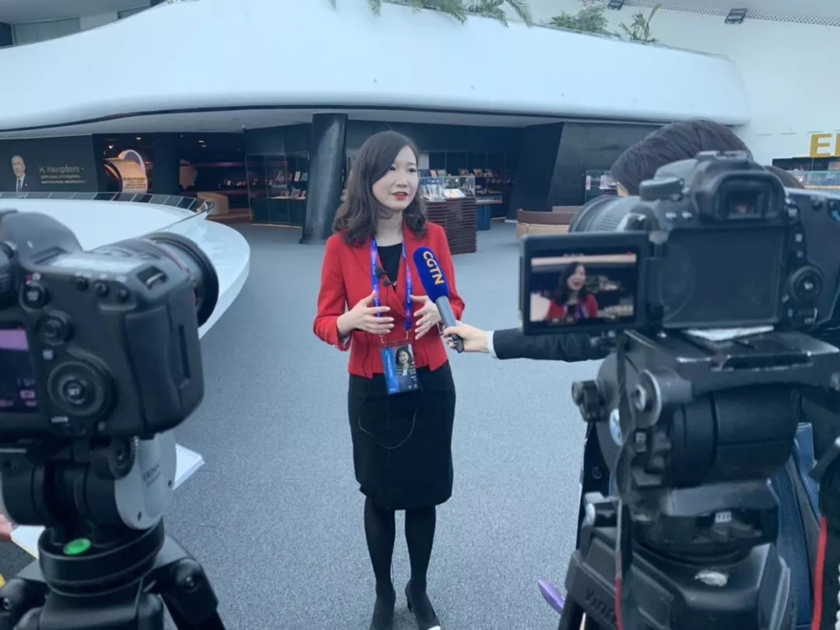
During the meetings, CCG and the Institute of World Economics and Politics under the Foundation of the First President of the Republic of Kazakhstan – Elbasy signed a memorandum to strengthen relations and cooperation as well as to exchange information between two organizations. CCG Secretary-General Miao Lu also joined in the session “Global (Dis)order: Who will write the history of tomorrow.”
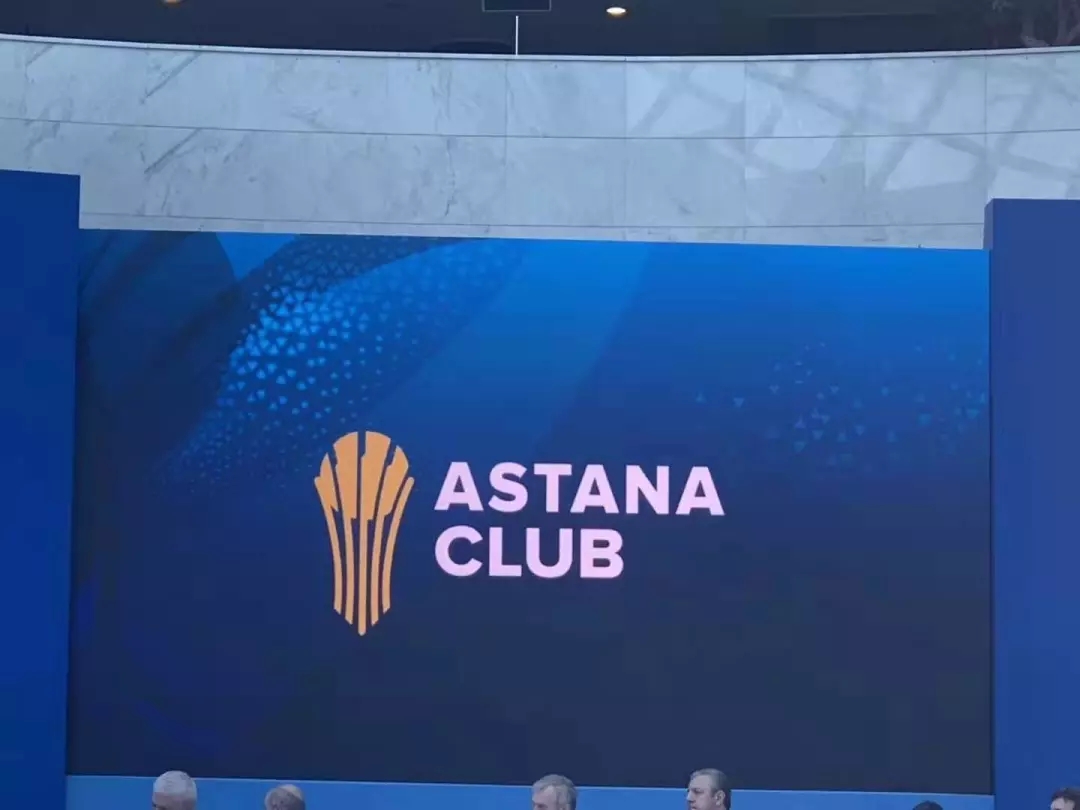
About the Astana Club meetings
The mission of the Astana Club is to bring together leading experts, political leaders and diplomats of Eurasia to form a global agenda considering Kazakhstan’s foreign policy priorities. Some of the Astana Club meetings are held in accordance with Chatham house rules, allowing for open discussion of the most urgent issues in Eurasia and the world. Over the years, more than 200 speakers from 40 countries have attended the Club meetings. Traditionally, the first President of Kazakhstan-Elbasy Nursultan Nazarbayev attends the Astana Club.
On the fifth annual meeting of the Astana Club, panel discussion participants included Yves Leterme, former prime minister of Belgium and former secretary-general of the International Institute for Democracy and Electoral Assistance (IDEA); José Luis Zapatero,former prime minister of Spain; Boris Tadić, former president of Serbia; Danilo Türk, former president of Slovenia; Giorgi Kvirikashvili, international advisor for the European Bank of Reconstruction and Development (EBRD) and former prime minister of Georgia; and Franco Frattini and former foreign minister of Italy, former vice president of European Commission. Dariga Nazarbayeva, director of the Foundation of the First President of the Republic of Kazakhstan – Elbasy Dariga Nazarbayeva, chair of the Senate of the Parliament of the Republic of Kazakhstan delivered a welcome speech.
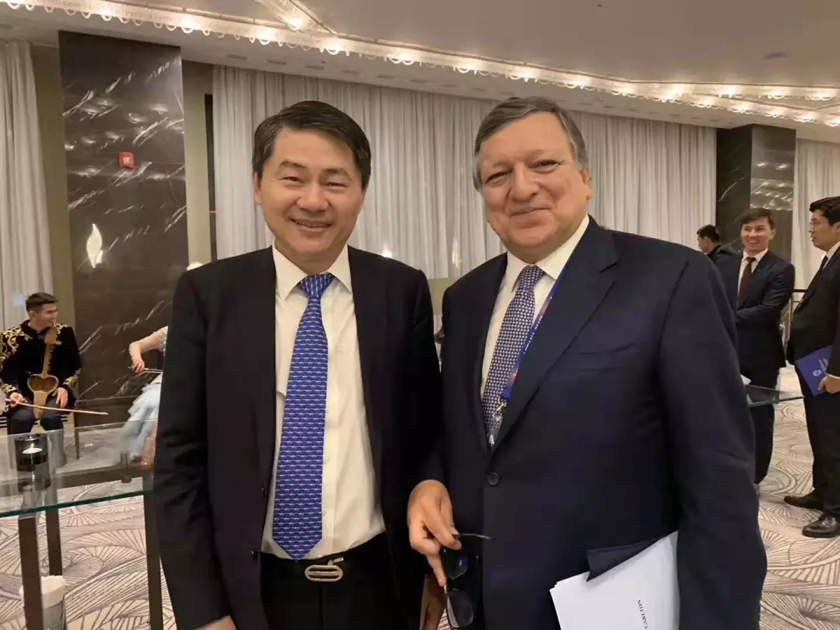
Participants also included Hamid Karzai, former president of Afghanistan; Vladimir Yakunin, chairman of the Supervisory Board of the Dialogue of Civilizations Research Institute; Vuk Jeremić, president of the Center for International Relations and Sustainable Development (CIRSD); Terje Rød-Larsen, president of the International Peace Institute (IPI), former special envoy and Under Secretary-General of the UN; Matthew Rojansky, director of the Wilson Center’s Kennan Institute, and Viacheslav Nikonov, chairman of the State Duma Committee on Education and Science, chairman of the Board of the Russkiy Mir Foundation and chairman of the Board of NCI BRICS.

